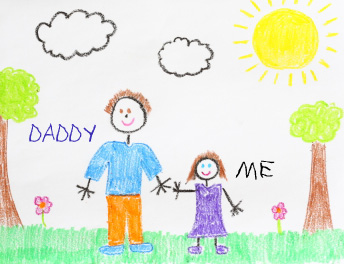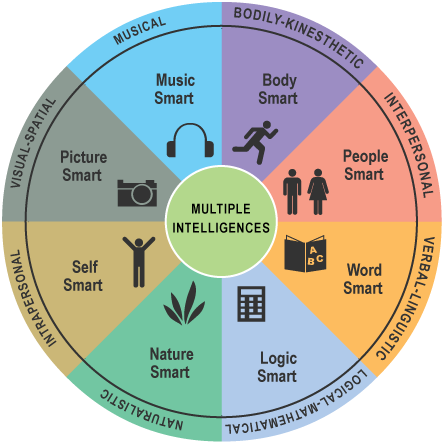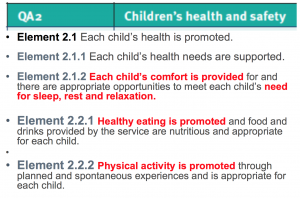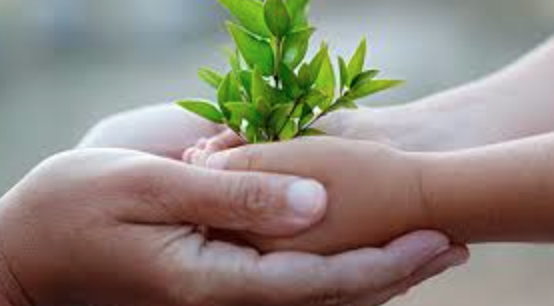Welcome to 2015! What an exciting year ahead and this time of year is particularly busy as we see children transitioning from one room to another and some children starting primary school!
The transition process varies from child to child – some find it stress-free and easy while others can struggle at first and take a bit longer to feel comfortable. There are of course ways to help all children with these transitions, such as taking it slow and introducing unfamiliar processes in stages. Confidence is key, so carrying through things that children are learning and working on them at home will do wonders and contribute to self-esteem and ability to cope with change. Always maintain an open line of communication between educators and parents so that if there are any concerns on either end, including the child’s, this can be addressed as quickly as possible.
Starting primary school is a particularly big step and an important milestone for children, and for parents! To help everyone with this time, we spoke with a primary school Prep coordinator who gave us some tips on what children should aim to be able to do before commencing school to make the transition to school as comfortable and as enjoyable as possible. These tasks are things that we can incorporate into ours days at centres and that parents can work on at home.
Children starting Prep should aim to be able to:
-Tie their own shoelaces
-Count from one to ten, and from ten to one
-Write their own name
-Recite the alphabet
-Carry their own bag
-Pack their lunchbox with various compartments for different items
-Be confident with zips, buttons and velcro
-Use the bathroom independently and confidently
-Take care of their belongings including books and uniform
-Put things away when they are no longer being used
-Listen and focus
Do you have any more to add that you believe are a great help for the primary transition? Share with us on Facebook or comment below.
Good luck to all currently transitioning or about to – as daunting as it can be, watching children tackle the next step in their education and their development is a special and exciting time!
If you’d like to learn more about easing the transition to school, these links are full of handy tips and resources:
http://www.education.vic.gov.au/childhood/professionals/learning/Pages/transition.aspx?Redirect=1
https://www.kidsmatter.edu.au/families/starting-school/1-thinking-about-transition-school
http://www.earlychildhoodaustralia.org.au/parent-resources/transition-school/








